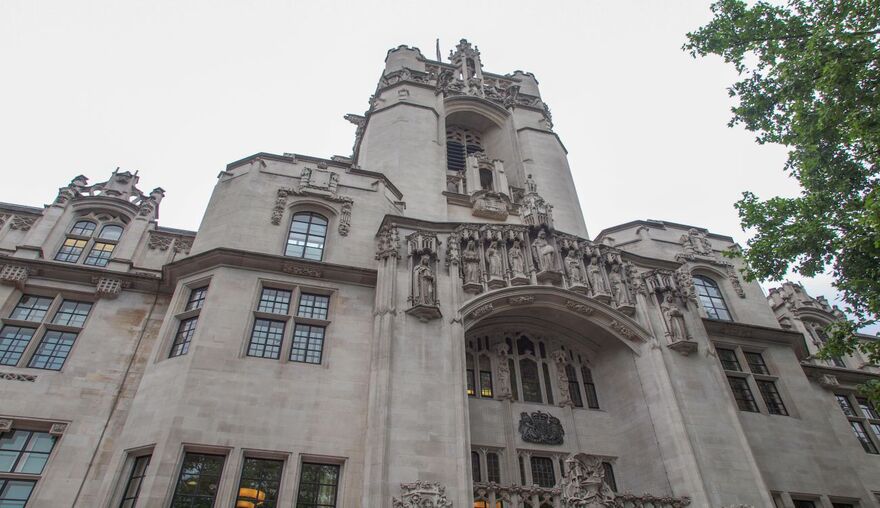There will be much discussion and debate concerning the Supreme Court Judgment handed down on 5 October 2022 in the case of BTI v Sequana [2022] UKSC 25 but, in essence, what you need to know is as follows:
1. Section 172(1) of the Companies Act 2006 (“the 2006 Act”) imposes a duty upon directors to act in good faith in a way most likely to promote the success of the company. In certain circumstances this duty is modified by the common law rule that requires that the interests of the company’s creditors as a whole should be taken into account. This duty is affirmed (or possibly its existence is preserved) by Section 172(3) of the 2006 Act which makes the duty under Section 172(1) “subject to any enactment or rule of law requiring directors, in certain circumstances, to consider or act in the interests of creditors of the company”.
2. Creditors always have an economic interest in the company’s assets but the relative importance of that interest increases when the company is insolvent or nearing insolvency. In those circumstances the directors should manage the company’s affairs in a way which takes into account creditor interests and attempt to avoid any prejudice to creditors.
3. Shareholders cannot ratify or authorise a decision which is in breach of what is now termed (by the majority of the Supreme Court at least) “the creditor duty”. They cannot ratify transactions entered into when the company is insolvent or which would render the company insolvent.
4. The creditor duty can apply to a decision to pay a dividend which is otherwise lawful because:
- Part 23 of the 2006 Act is subject to any rule of law to the contrary and the creditor duty is part of the common law and is recognised by Section 172(3) of the 2006 Act; and
- If the company is cash flow insolvent the directors cannot lawfully distribute a dividend.
5. The directors will be required to give greater priority to creditor interests as the company faces greater financial difficulties but they aren’t required to take account of the interests of any particular creditors.
6. When insolvent liquidation (or administration) is inevitable the creditor’s interests become paramount and the shareholders cease to retain any valuable interest in the company.
7. The creditor duty does not apply merely because the company is at a real and not a remote risk of insolvency.
Finally, and I speak from experience, nothing is ever certain where Court proceedings are concerned but the Judgment of the Supreme Court is generally considered to be a useful one albeit there are nuances which will be subject to interpretation and the law will continue to evolve accordingly.
For more information, please contact Deborah Nigh at [javascript protected email address] or on 01604 258033.
The information on this site about legal matters is provided as a general guide only. Although we try to ensure that all of the information on this site is accurate and up to date, this cannot be guaranteed. The information on this site should not be relied upon or construed as constituting legal advice and Howes Percival LLP disclaims liability in relation to its use. You should seek appropriate legal advice before taking or refraining from taking any action.




